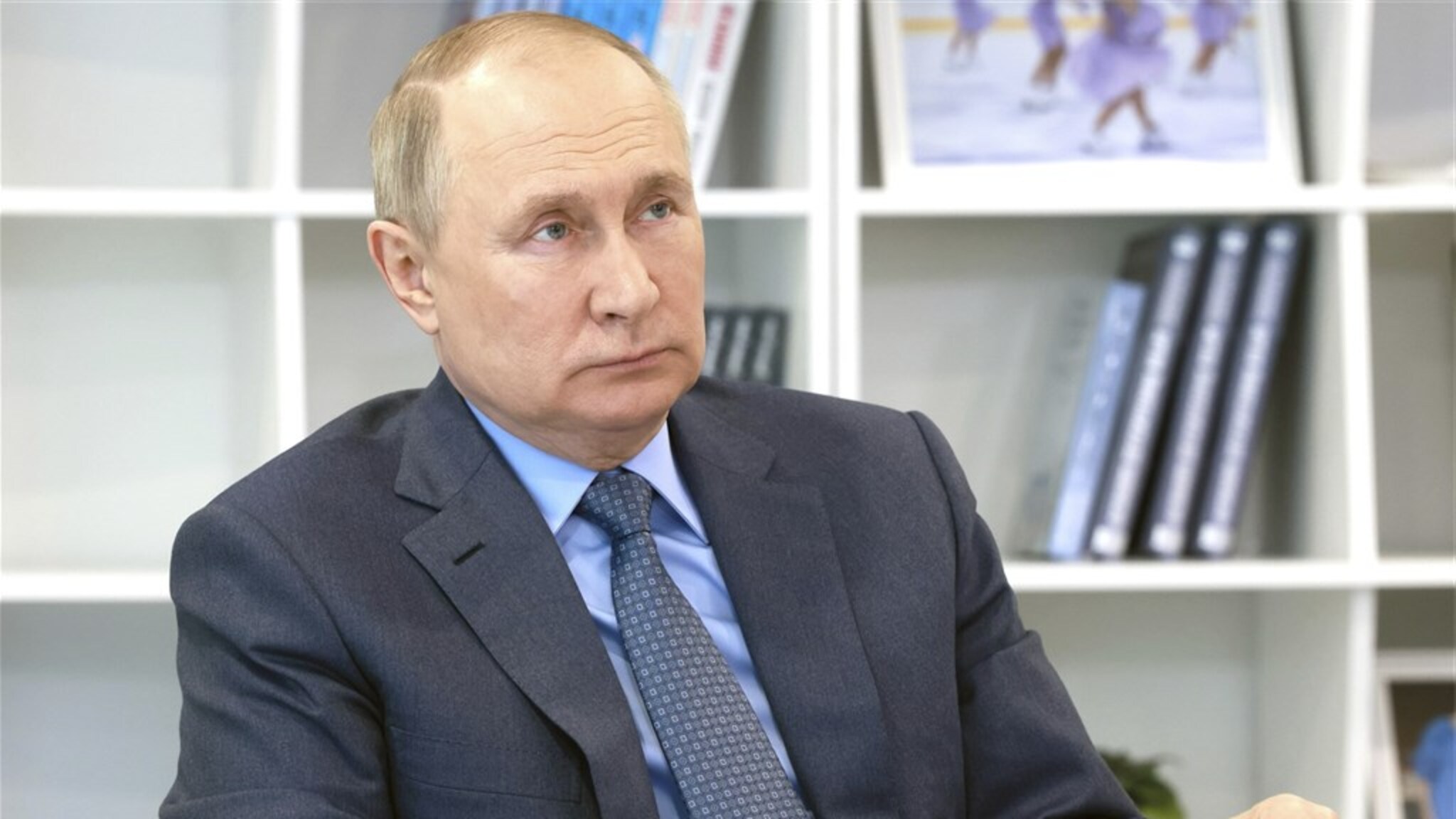There are two things working against each other, explains Raoul Lering, head of international trade research at ING.
On the other hand, there is the positive impact of rising gas and oil prices on the Russian treasury. On the other hand, there is a negative impact of the downturn in the Russian economy due to Western sanctions, says Leering.
Benefiting from oil and gas is expensive
Russia exported in April for $37.6 billion† more than imported. This was nearly double the previous months.
The country is benefiting from higher oil and gas prices, explains Albert Jan Swart, economist at ABN Amro. Leering said oil and gas revenues make up 40 to 45 percent of Russia’s treasury revenue.
In the past, oil revenues were especially important, but the sharp increase in gas prices is now also adding nicely to the revenue, according to Lucia van Geuns, an energy expert at The Hague Center for Strategic Studies (HCSS).
Russia’s oil and gas production has decreased somewhat recently. Western countries buy less and this is not fully compensated because more is sold to India and China among other countries.
Negative impact of sanctions
Additionally, Western sanctions are hurting Russian industry and the broader economy, says Swart. “The country loses a lot of access to technology and spare parts, and at some point it’s going to struggle. For example, because of the lack of spare parts, you can no longer fix the machines.”
Moreover, high fuel prices erode the purchasing power of Russian consumers, allowing them to spend less. This affects tax revenues, Lering adds. In addition, in the shrinking economy, less oil will also be sold in Russia itself in the coming period, which will lead to fewer transfers to the Russian state, says Leering.
Therefore, the International Monetary Fund believes that the Russian economy will do so 8.5% will shrink† ING goes further and assumes a 10 to 15 percent decrease.
short vs. long-term
In the short term, we haven’t yet been able to hit Putin’s war chest, says Leering. In this case, the positive effect of higher income from oil and gas sales is still dominant. As a result, the income of the Russian state will increase by about 15 percent.
But in the long run, this will be offset by lower tax revenues due to the recession he expects. Lering concludes that Putin’s war chest may still be well filled, but the Russian economy will be in trouble. “So the boycott has an impact on the resources available for war.”
European market loss
Van Jones is also particularly bleak for Putin in the medium and long term, and therefore believes European consumers will influence him. Russia will miss a very important oil and gas market with Europe.
Moreover, oil tankers are often now on the road for longer, because more of them are being sold to China and India. Because there are fewer tanks available, sometimes more oil must be stored before it can be moved. And when the warehouses are full, production from the old fields in Western Siberia must be reduced, or even closed.
But getting these things back is more difficult later, and Russia doesn’t have the technology for it. It also makes it more difficult to develop new oil fields, Van Geuns says.
Ural oil
The price of Russian Ural oil is now approx 94 dollars per barrel, which is far more than the $44 the Russian state needs to balance the budget, Leering said. The price of oil has risen sharply in recent months, due to market uncertainty.
Also, Russian oil is much cheaper than Brent oil, which is the oil used as a standard in Europe. There has always been a difference in price, in terms of quality, Van Geuns explains. But the difference is now even greater. This is because countries that now want to buy oil from Russia are able to negotiate a huge discount, because Russia has to get rid of their oil anyway.

“Lifelong zombie fanatic. Hardcore web practitioner. Thinker. Music expert. Unapologetic pop culture scholar.”








